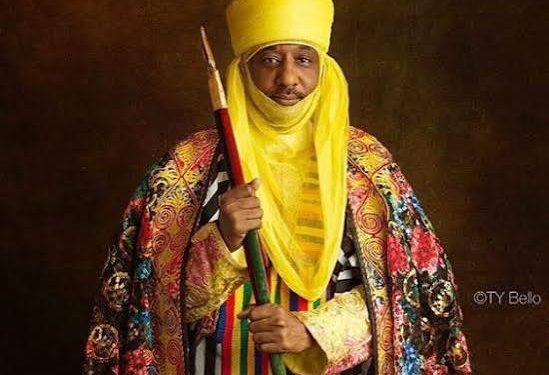Muhammad Sanusi II, Emir of Kano and former governor of the Central Bank of Nigeria (CBN), says the removal of the petrol subsidy prevented Nigeria from sliding into bankruptcy.
Sanusi made the remarks on Saturday at the second edition of the Kano International Poetry Festival (KAPFEST), organised by the Poetic Wednesdays Initiative.
The monarch described the subsidy regime as unsustainable, arguing that it placed the burden of global oil price fluctuations, exchange rate volatility, transportation costs, and refining expenses squarely on government finances.
“Subsidy was simply the government saying, ‘If the price of petrol is N100, Nigerians will pay N70 and I will pay N30,’” he said.
“But beyond that, the government also placed a hedge, fixing petrol at N65 per litre irrespective of whether the international price of oil was $10 or $100 per barrel. Who paid the difference? The government. And this was always going to bankrupt Nigeria.”
Sanusi criticised successive administrations for failing to rehabilitate domestic refineries, arguing that subsidies only enriched foreign refineries while exporting jobs.
“If you look at the billions and billions spent on subsidy and imagine that money invested in refineries, Nigeria would not be where it is today,” he said.
“I have nothing against subsidies if you are subsidising production. My objection has always been subsidy on consumption.”
The emir recalled that as CBN governor in 2012, he had warned that the subsidy system was akin to “a man running towards a ditch”.
“Government revenue could no longer carry the subsidy burden. At some point, we began borrowing to pay the subsidy, then borrowing to service the debt. It became unsustainable. That is exactly what I said would happen, and this is where we are,” he said.
Sanusi added that the removal of the subsidy should be viewed not only as an economic reform but also as an opportunity to rebuild a stronger and more self-reliant Nigeria.









